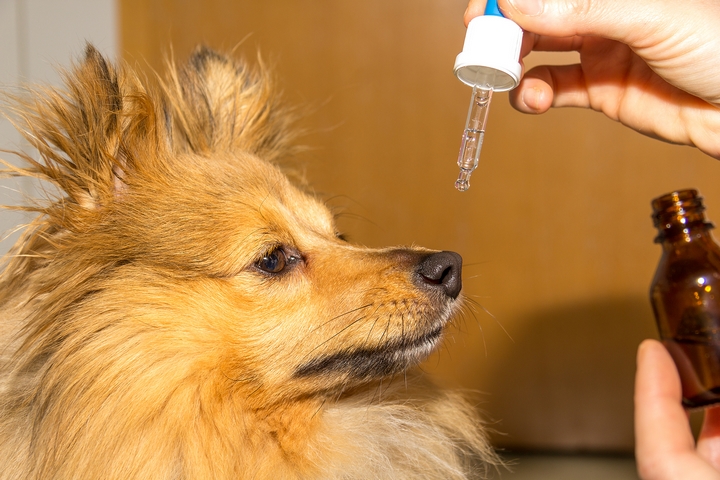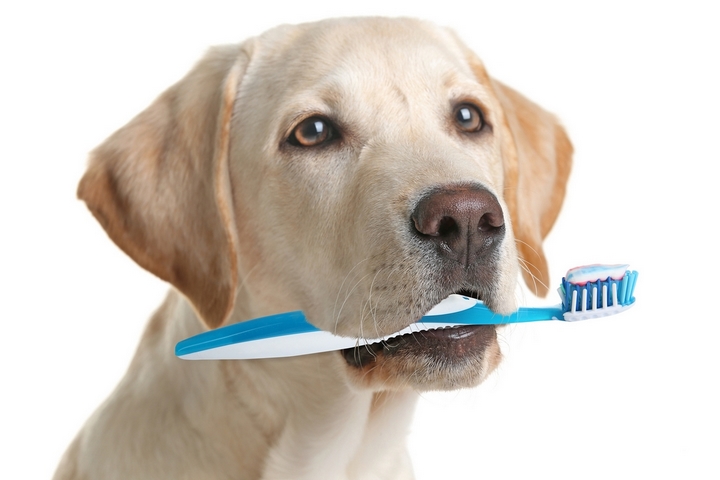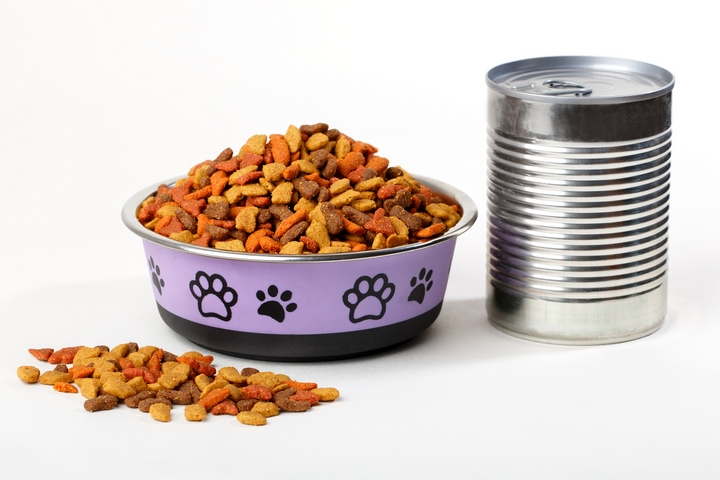Your dog may be eating his food, and then you notice that some of the enthusiasm is gone. This makes you ask yourself, “why doesn’t my dog eat his food?” Well, there can be any number of reasons:
- It could be that your dog is changing and becoming a picky eater.
- He may not be feeling well.
- There could be a serious, underlying issue.
- It could be an allergy or perhaps it’s time to change the diet.
If this problem continues for a while, it is best to take your dog to the vet and rule out serious conditions. Dogs do not do things like this for no reason. There is always a reason. Rule out all possible serious conditions that may be contributing to this. A high level of calcium in the blood, kidney issues and other conditions may be why. It could also be that your dog is getting picky.
Just like us, dogs change over time. Perhaps there is some pain in the mouth. Let’s look deeper and explore some of these reasons.
Picky Eaters

Sometimes, a dog eating his food with no problems may suddenly become picky. They may be fed up with what you are giving them. Like people, dogs change over time. Try feeding them smaller amounts several times a day.
It could be that they have just gone off that particular food. It may be time to change the food. For instance, your dogs might become interested in a natural raw dog food diet. If so, do so gradually over a 7 to 10 day period. This assumes you have already taken the dog to the vet and given the all-clear. You can also try warming their food to entice them.
Medical Issues

This is the most serious reason your dog is not eating his food. Most of the time, something can be done about this. Other times, unfortunately, it could be more grave. Dogs can suffer from inappetence from several conditions. Cancer could cause a dog to stop eating. There could be a stomach issue. There could be an intestine issue. Many times, gastrointestinal conditions can cause a dog to stop eating.
You need to observe your dog. Does he drink enough water? Is there any diarrhea? Has your dog been vomiting before his loss of appetite? These are important questions the vet will ask you. Also, how old is your dog?
Your dog may have parasites, giardia and other gastrointestinal issues. This can cause loss of appetite. If there is an ulcer or something else, the vet may perform an ultrasound, X-ray and other diagnostics.
Your dog may also have a problem with its kidneys or liver. This can cause them to stop eating. Kidney disease is very serious. They are graded as Stage 1 to Stage 4. If your dog has kidney disease, it may not have long to go. Check to see if they are urinating as frequently as they used to. All this information helps.
Serious Medical Issues

A high level of ionized calcium in the blood can cause loss of appetite. The normal range for this is 1.25 to 1.45. If your dog has an ionized calcium reading of 1.88, for example, this is the reason why they have stopped eating. This is caused by a benign cancer of the parathyroid glands. The good thing about this is it will not spread.
However, surgery will have to be performed to remove the parathyroid glands. This will cure the problem, but he will have to be on medication for the rest of his life. He will start eating again once the ionized calcium is resolved.
Gums and Teeth

Check his gums and teeth if your dog doesn’t want to eat his food. It could be an oral issue. They may be having an infection. Just like us, we have gum or tooth sensitivity. If something oral-related is causing pain, especially if they have to eat hard, dry kibbles, they may not want to eat. Time for a visit to the vet, just to be sure.
Scraps & Treats

Are you giving your dog lots of table scraps and treats? This may explain why he does not want to eat. Dogs are smart. They know they are going to get something from you. At some point, they may decide to stop eating and just look at you with those large, sad eyes, and you give in and give them their ‘usual fill’ of table scraps and treats.
Dog Vaccinations

Occasionally, your dog may not want to eat his food after receiving vaccinations. This is quite normal. Luckily, this is transient, so it will resolve on its own.
If you wonder why he doesn’t my dog eat his food, make sure you observe other things and take notes. This helps the vet. Some reasons are temporary, others can be serious but can be controlled. Don’t wait; take him to the vet as soon as possible. It’s the best thing to do.




